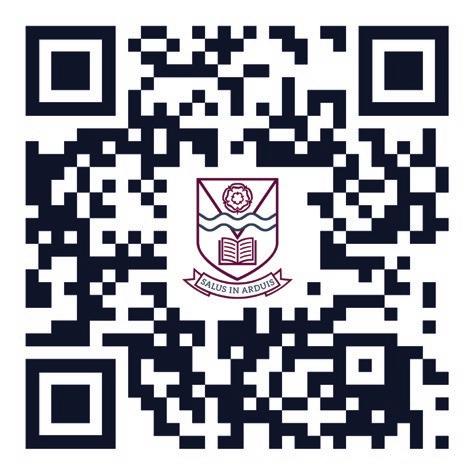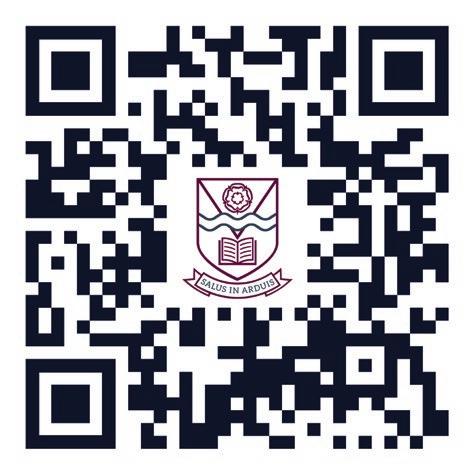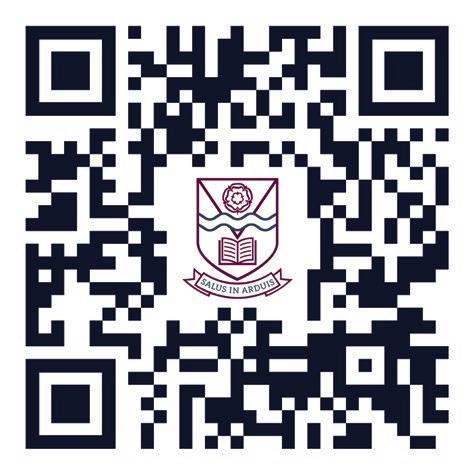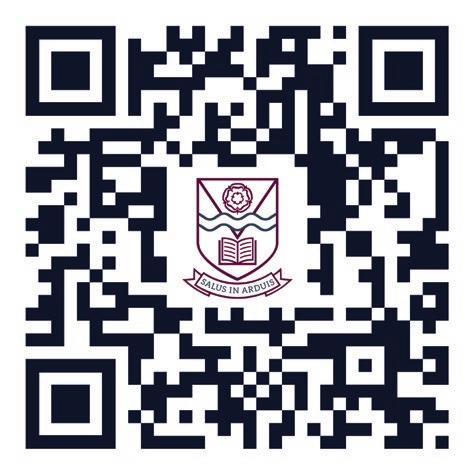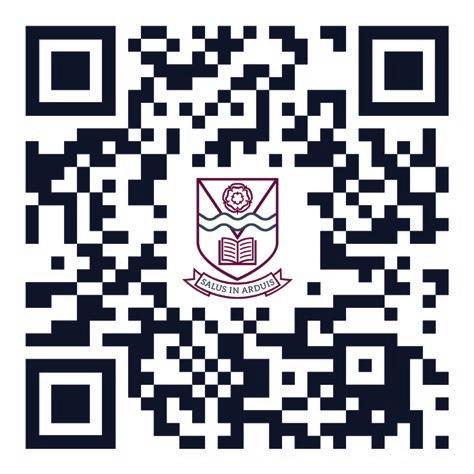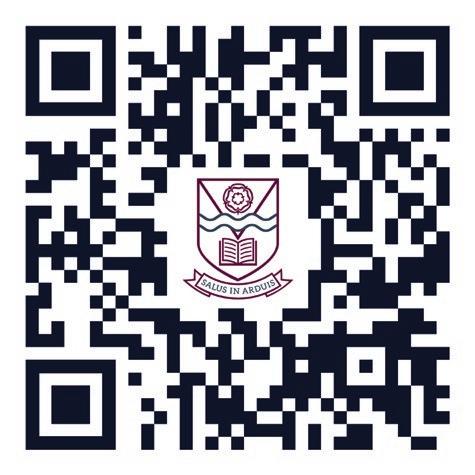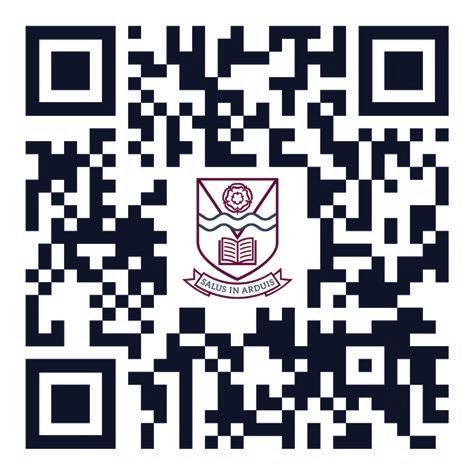
6 minute read
Subject Advice
Introduction
Some students find the process of choosing Sixth Form subjects quite straightforward. Their interests and enthusiasms focus on particular disciplines. For others, choosing just a few subjects, after studying a broad range to GCSE, is more challenging. This prospectus is designed to give you an idea of the content of specifications in individual subject areas and to help you to think about the best options for you, given your aptitude and inclinations. We hope that you find it helpful during your deliberations. Motivation is critical at Sixth Form level, so you must be happy with the choices ultimately made, since the grades you finally achieve will determine your path beyond School, including Higher Education. Do consult widely with your parents and teachers. There is a great deal of experience available to help you to make the best possible choice.
Number of subjects
We expect that most students will choose three A Level subjects. Those studying Mathematics and Further Mathematics will usually choose four A Level subjects, Mathematics and Further Mathematics being two. For most students, three A Levels provides the appropriate level of challenge and workload to allow Sixth Formers to also enjoy a rich involvement in other parts of School life and supports the achievement of the highest possible grades in the final examinations. A range of enrichment courses will be available to broaden your studies and complement your chosen A Levels including EPQ, Core Mathematics, Art History, Sports leadership, Life skills, etc.
The Provisional Options Scheme
The specification material in this prospectus is presented in good faith and so are the courses offered. It is, however, important for students to appreciate that our resources are finite. Therefore:
• If some courses become oversubscribed, numbers may have to be limited. • Courses, which attract little or no interest, may have to be abandoned. However, we shall do our best to fulfil everyone’s wishes as far as we are able.
The demands of Sixth Form study
The demands upon students in the Sixth Form are considerable. Students need to be motivated and well-organised, as well as having an appropriate grounding for the subjects which they want to study. They need to start working hard as soon as they begin Sixth Form study if they want to succeed at A Level. As a general rule, they should spend the same amount of time on each of their subjects outside the classroom as you do inside the classroom (i.e. a minimum of 5½ hours work per subject per week in addition to formal lessons). Performance in the first year of Sixth Form study is now more important than ever. The confidential reference, which the School sends to universities on the UCAS form, has to be based primarily on work done in Year 12, as are the UCAS Predicted Grades.
The standards we expect for entry to the Sixth Form at Wellingborough
It follows from this that in our professional judgement there is a minimum standard which students need to achieve before we can allow them to enter the Sixth Form.
Students wishing to enter Wellingborough Sixth Form in September 2021 should have achieved at least four Grade 6s and two Grade 5s at GCSE, although individuals falling below this will be considered if their personal circumstances and/or specific distribution of
SUBJECT ADVICE
grades suggest that A Level study would be appropriate. In reality, we have found that falling below a top grade in a subject which will be followed at A Level is unlikely to lead to anything above a C grade at the end of two years. No student will be accepted onto an A Level Mathematics course with anything below Grade 7. For fresh-start subjects, GCSE performance in English and/or Mathematics may be used by the School to assess suitability. In addition, any student who does not gain at least Grade 5 in English Language or a Grade 5 in Mathematics (subject to revision in the light of any further information from the Examination Boards) will be expected to retake these subject exams. This tariff is applied in the students’ own long-term interests. Should your son/daughter fall short of these requirements, Mr Holman – Headmaster, Mrs Baxby – Head of Sixth Form and Mrs Gamble – Deputy Head, Academic, will be available on Results Day when any relevant discussions can take place. In our experience those who achieve less than this at GCSE rarely perform well at A Level, and in these cases academic A Level is not a suitable course for Sixth Form study. A clear provisional judgement will be made following the Trial Examinations and if there is a doubt about suitability for A Level entry this will be raised at the Parents’ Evening held at the end of the Lent Term.
It should be noted that final decisions regarding acceptance into the Sixth Form at Wellingborough rests with the Headmaster and each will be considered on an individual basis taking into consideration the final GCSE grades, the performance and commitment of the student during the lower years at Wellingborough where appropriate and any other relevant factors.
It should be noted that passage from Year 12 into Year 13 is not automatic. Year 12 students must show the expected commitment to their studies and demonstrate appropriate academic progress in their chosen A Level courses and their performance in internal Year 12 examinations.
Combination of Subjects
In general, we seek to allow students to study the subjects they wish, provided we feel the combination is in the best interests of the student. We will seek to discourage combinations which we feel are inappropriate for the student concerned, or perhaps represent, in themselves, an inappropriate combination.
The general advice to be offered to students choosing A Level subjects is as follows: 1. How able in the subject do they and their teachers think they are now, and what is their potential? 2. How interested are they in the subject? They will spend considerably more time on each subject in the Sixth Form, and will need a real commitment to make the necessary progress. 3. How important is it for any career? This question must be tempered with the advice that they should beware of any unrealistic or premature choice. We advise students against being too strongly influenced by possible career aspirations at this stage. Career ambitions change substantially (more often than not) among boys and girls of this age. Too often, students change direction totally during the Sixth Form when they discover the subjects they have chosen (to follow a career path which they had mapped out for themselves) are too difficult and/or cannot capture their interest. For a small minority of students, the choice of A Level subjects is dictated by vocational considerations. A student who strongly believes s/he will wish to study medicine/ veterinary medicine/dentistry must choose Chemistry and ideally Biology. Some medical schools prefer to see a balance among the subjects studied by their potential students.
SUBJECT ADVICE
There are other medical schools that like to see more traditional combinations, which include Physics and possibly Mathematics. Potential applicants for medicine, veterinary medicine or dentistry are encouraged to research the requirements of institutions to which they may wish to apply. Potential engineers should certainly have Mathematics, preferably with Physics. However, we would strongly advise realistic appraisal of such ambitions. The grades at A Level needed for veterinary medicine, for example, will certainly not be below AAB.


